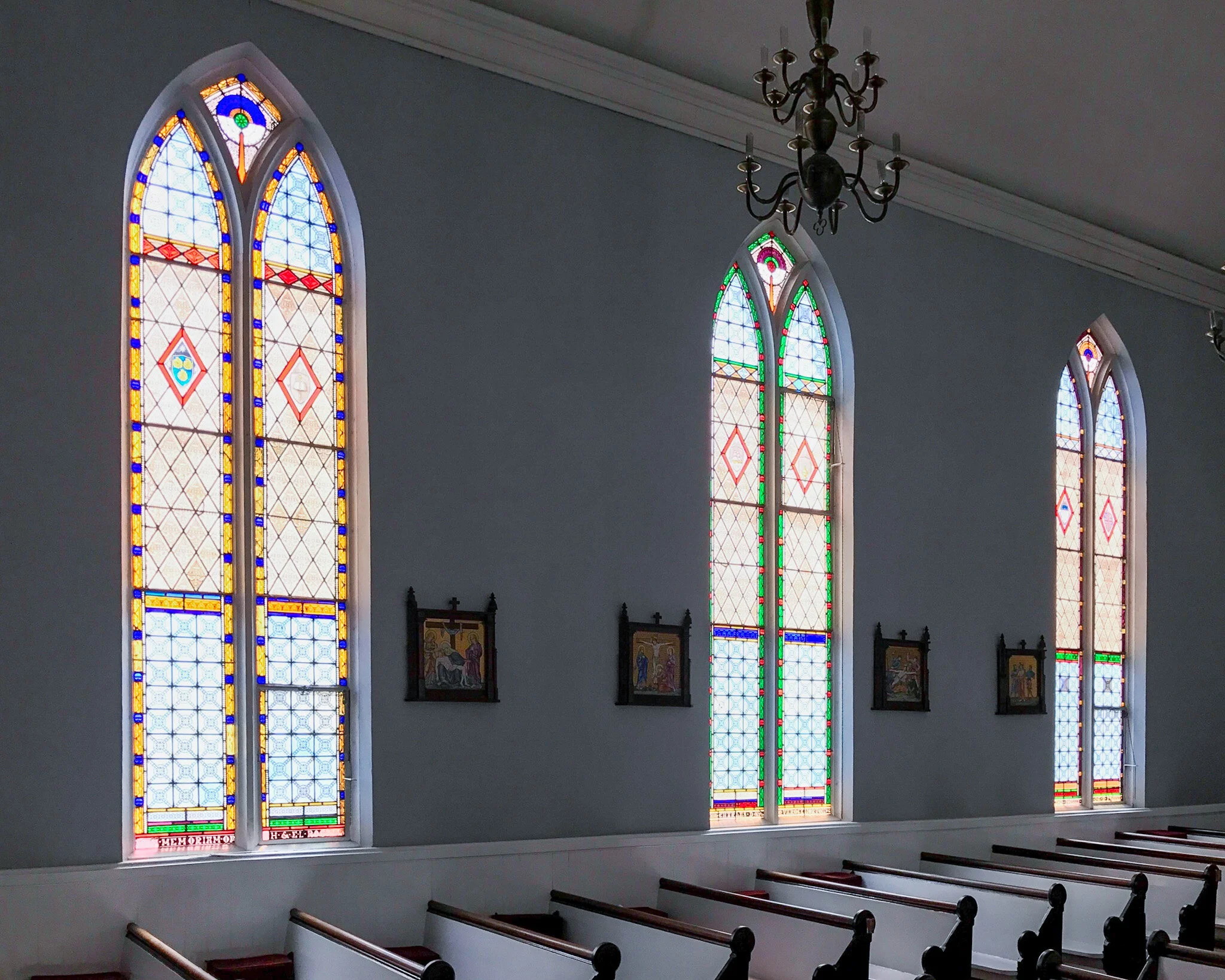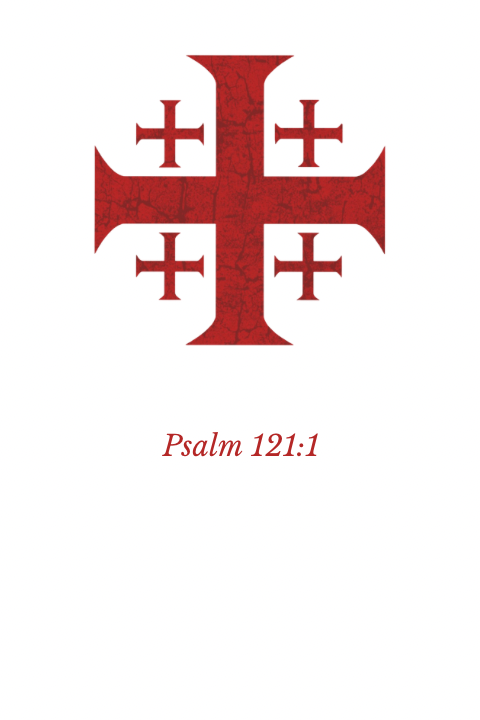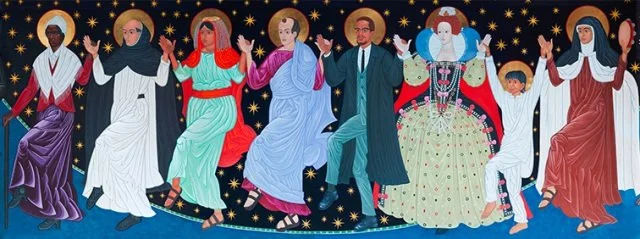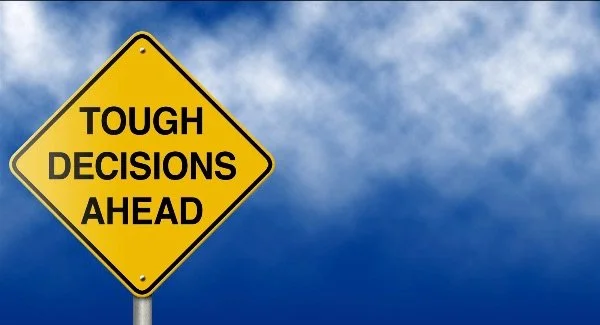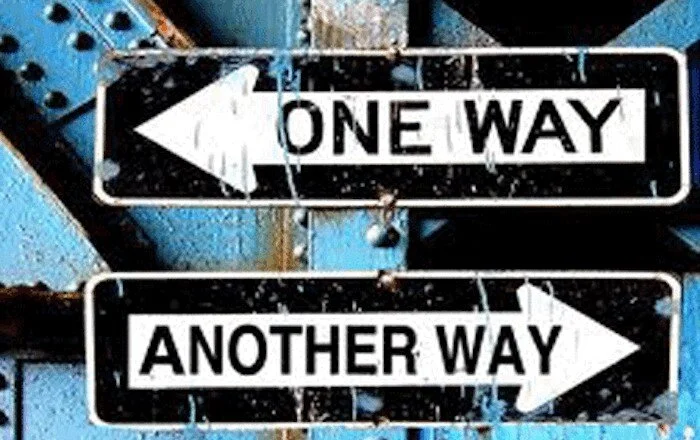![A Confession for Pride Month]()
My husband Jim thinks in images, not words. This makes communication at home, uhm, “interesting” sometimes! I can ask a question, receive an answer, and discover Jim meant the exact opposite of the answer given. “Words Matter!” I exclaim. Jim shrugs, and we laugh about it.
As Pride month draws to a close, I, too, need to be reminded that words matter. We have an increasing number of staff, parishioners, and friends of the congregation who use they/them pronouns because their gender is outside the gender binary imposed by society. This has been true of some people throughout human history, and some AfroIndigenous and Asian cultures more readily understand this diversity today than most of us in the West.
Since the age of Aquinas in the 13th century, we have been taught to think that if something is not this, it is that. The reality is sometime something is not this or that, but both, or neither, or something else. Science and lived experience has shown this to be true of human gender, as well.

